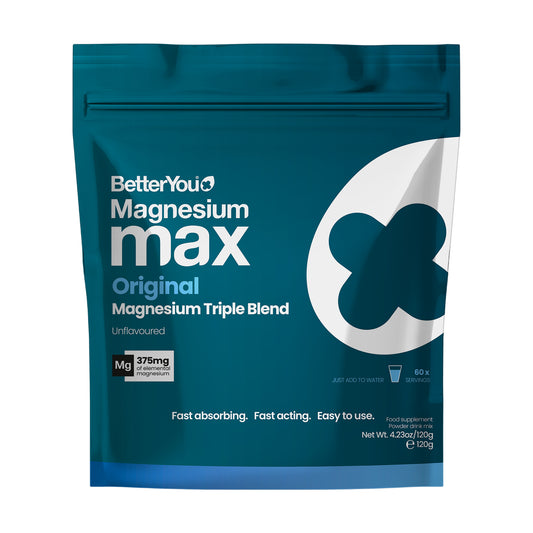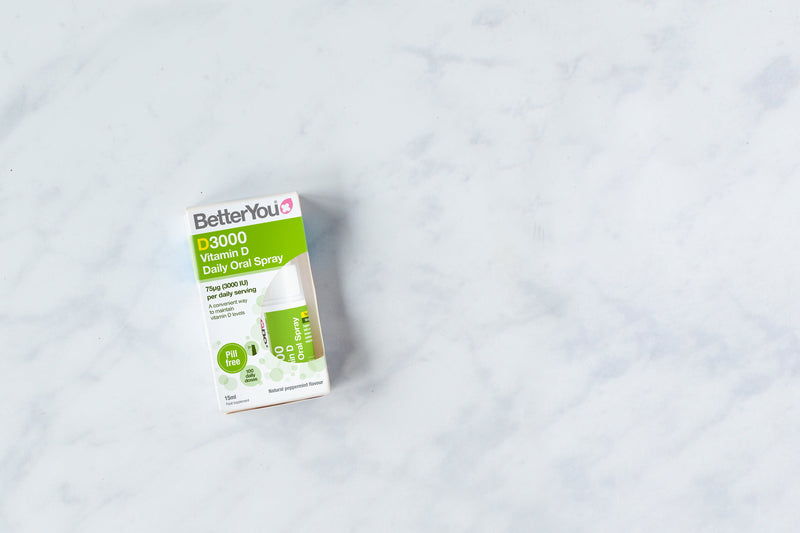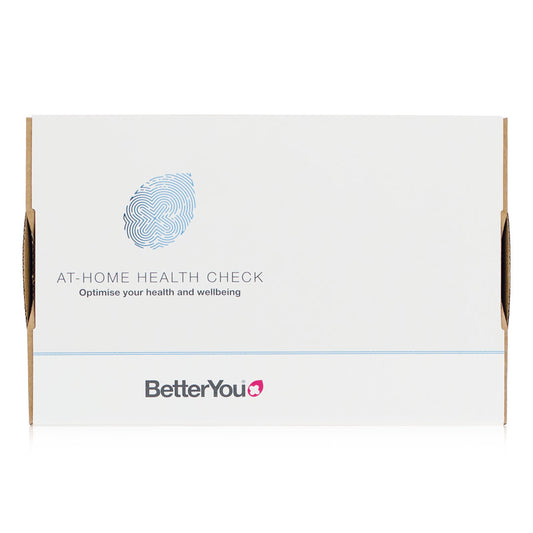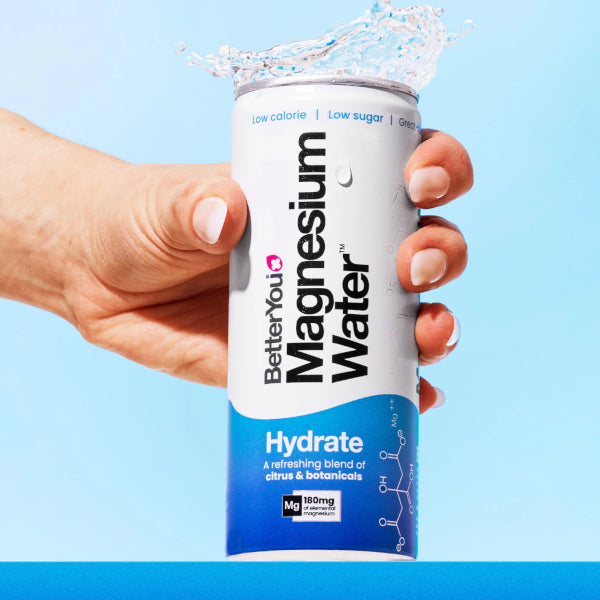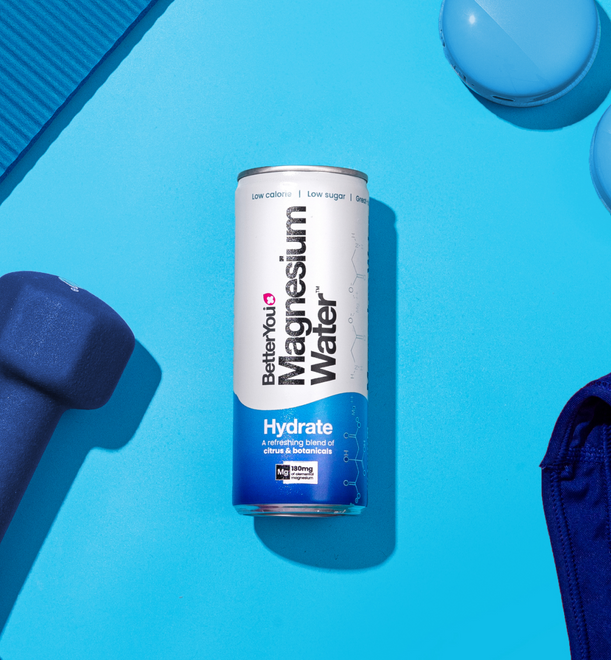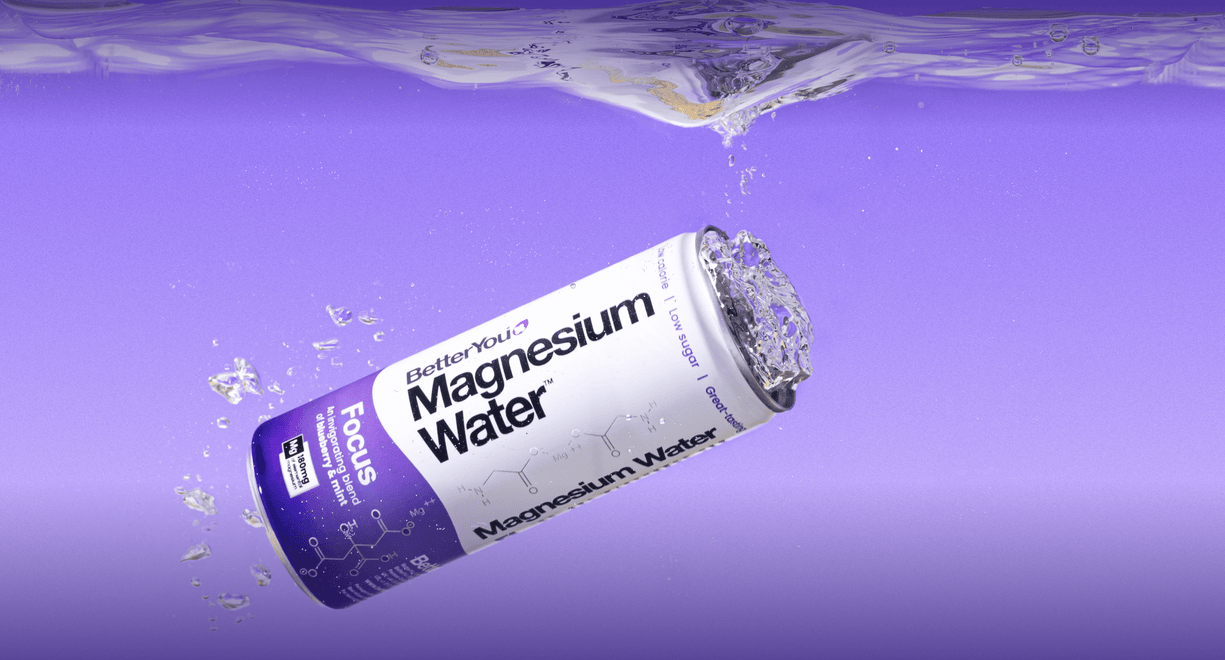How much vitamin D per day you need depends on multiple factors, including age, diet, skin pigmentation, body weight and your baseline level. It’s recommended that adults need a minimum of 10μg (micrograms) of vitamin D per day to support vital functions.
Read on to learn more about the recommended vitamin D dose per day and how much you need to reach optimum levels. Discover the dosage for how much vitamin D per day for a man, woman and for little ones with our guide.
In this guide:
What Are the Signs of Low Vitamin D?
Without sufficient intake of vitamin D, you may be at risk of vitamin D deficiency. Insufficient levels may cause symptoms which can be detrimental to your health.
Signs of low vitamin D include:
- Constant coughs and colds
- Aching bones
- Weak muscles
- Unbalanced mood or feeling low
- Fatigue
- Hair loss
- Reduced wound healing
In order to get enough vitamin D per day and avoid these symptoms, you may wish to consider vitamin D supplements to support your dietary intake.
BetterYou Know
Vitamin D is found in various food sources, such as fortified foods, dairy and oily fish. We can also source it naturally from the summer sun. However, realistic diets and increasingly indoor lifestyles mean we’re often not getting optimal levels of vitamin D without supplementation.
How Much Vitamin D Do You Need Per Day?
From maintaining healthy bones and teeth to supporting normal immune function, vitamin D is essential for many vital processes in the body. But exactly how much you need can be confusing, so let us explain.
First of all, let’s explain the different ways in which vitamin D units are measured. The amount of vitamin D can be expressed as micrograms (μg) and International Units (IU), where 1µg is equal to 40 IU. For example, a daily supplement of 10µg is equal to 400 IU.
Minimum vs. Optimal Vitamin D Levels
The NHS recommends a minimum intake of 10 micrograms (µg) (400 IU) per day for adults to prevent deficiency. However, our research in collaboration with Sandwell and West Birmingham NHS Trust indicates that achieving optimal levels of vitamin D for overall health often requires significantly more.
Based on thousands of tests, we found that the average adult needs 2000 to 3000 IU daily (50-75 µg) to maintain healthy serum levels.
However, exactly how much vitamin D you need per day and how long it takes to raise vitamin D to optimum levels might vary depending on your:
- Diet
- Body weight
- Skin pigmentation
- Baseline levels
How Much Vitamin D Per Day for a Man?
Adult men are advised to take at least 10μg (micrograms) of vitamin D per day. Vitamin D helps to support and maintain calcium and phosphate levels in the body, which can help encourage healthy bone growth and prevent calcification of the muscles.

How Much Vitamin D Per Day for a Woman?
Women, especially those pregnant and breastfeeding, also need a minimum of 10μg (micrograms) of vitamin D per day. Unlike other vitamins such as iron, men and women generally need the same amount of vitamin D every day.
It’s essential to keep up your recommended intake of vitamin D during pregnancy to help support your health and the growth of your little one during this special time.
Shop our pregnancy-safe supplements
How Much Vitamin D Per Day for Children?
To help support growth, strong bones and teeth and a healthy immune system, children are recommended to take the following minimum vitamin D dose per day:
- Infants (up to 12 months):5μg (micrograms) of vitamin D per day.
- Children and teens (up to 17 years old): 10μg (micrograms) of vitamin D per day.
If you’re breastfeeding, it’s important for the mother to consider taking a vitamin D supplement during the nursing stage, as recommended by the NHS. During the early stages, babies get most of their vitamin D from breast milk or from fortified formulas.
Young children and infants often find tablets or chewable gummies difficult to take. That’s why our vitamin D oral sprays are perfect for little ones to help ensure they’re getting their optimal dose.
Quick, convenient, and easy to absorb, they fit effortlessly into your family’s daily routine—just one spray a day, and they’re ready to go.
Shop our vitamin D oral sprays
Sourcing Vitamin D From the UK Sun
Sunlight is our main, natural source of vitamin D, as only around 10% of our vitamin D intake comes from food sources.
That being said, our ability to produce vitamin D naturally from the sun is impacted by various factors:
- Time of year – Between October and March, we’re unable to synthesise vitamin D from sunlight due to lower UVB (ultraviolet B radiation) rays from the sun in the UK, Europe and most of the Northern Hemisphere.
- Make-up and clothing – Even in the height of summer, most people don’t expose enough uncovered skin for long enough to produce adequate levels of vitamin D. That is, unless you’re lucky enough to spend most of your time on a beach.
- SPF 15 or higher – We all know how important it is to protect your skin against sun damage, but did you know that SPF 15 or higher blocks up to 98% of UVB rays? UVB exposure is vital for vitamin D synthesis.
- Indoor existence – We’re increasingly spending more time inside. If you think about your typical commute, you may drive or catch a train before spending most of your daylight hours at your place of work. Plus, many of us work from home these days too.
Therefore, the Government advises everyone to consider taking a daily vitamin D supplement during autumn and winter. But we believe year-round supplementation is the key to unlocking optimal health.

Why Do We Need Vitamin D?
Vitamin D plays a crucial role in supporting a healthy immune system and contributes to the maintenance of normal bones and teeth.
For children, maintaining sufficient vitamin D levels is key to preventing rickets, while in adults, it supports resistance to bone-related conditions, such as osteoporosis.
The UK Department of Health advises the following measurement guidelines for vitamin D serum levels, which is the amount of vitamin D in your blood.
- 50nmol/l+ = adequate
- 25 - 50nmol/l = insufficient
- <25nmol/l = deficient
While these guidelines outline minimum thresholds for health, achieving optimal levels can provide additional support for overall wellbeing.
We consider the optimal range for vitamin D serum levels to be between 100–150nmol/l, helping you unlock the full benefits of vitamin D.
If you know your vitamin D level, you can calculate your recommended daily dose using the table below. The coloured numbers indicate the number of sprays per day for your weight category.

Learn more about the benefits of vitamin D
How Do You Know if You Have Sufficient Vitamin D?
Fortunately, there is a way to identify if you’re getting enough vitamin D every day. A simple blood test can determine your nutrient levels and help you see if you need to increase your intake via supplements and your diet.
With BetterYou, testing for vitamin D deficiency is straightforward. It takes just a few minutes and can be taken from the comfort of your home.
Our at-home vitamin D test analyses the levels of vitamin D3 and D2 in your blood through a blood sample. Here’s how it works:
- Order your vitamin D test online.
- Once received, place four blood spots onto the collection card from a quick and painless prick of the finger.
- Use the prepaid envelope to return your sample to the lab for analysis.
- You’ll receive your results via email within two weeks of the lab receiving your sample.
- We’ll offer you a personalised supplementation plan to help increase or maintain your vitamin D levels, including a free vitamin D oral spray (worth up to £10.95) to get you started.
If you’re concerned about vitamin D deficiency, or whether you are getting enough vitamin D per day, you should consult your doctor. They may arrange for you to take a blood test to help monitor your overall health.
Boost Vitamin D Intake Fast with Oral Sprays
Only minimal amounts of vitamin D can be sourced from your diet, but you can help to support your levels with our vitamin oral spray supplements.
How much vitamin D per day (ug) you need may depend on your age and lifestyle. Our range of vitamin D oral sprays provides different strengths tailored for different ages. Explore which one is right for you below:
|
Product |
Benefits |
|---|---|
 |
Vitamin D 4000
|
 |
Vitamin D3 + K2
|
 |
Vitamin D 3000
|
 |
Vitamin D 1000
|
 |
Vitamin D 400 Junior
|
 |
Vitamin D 400 Infant
|
Who Is Most at Risk of Deficiency?
Some people may be more likely to struggle to absorb vitamin D than others, increasing their risk of becoming deficient.
People within the Department of Health’s ‘at-risk’ groups should strongly consider checking to see if they are getting the recommended vitamin D dose per day:
- People who are pregnant or breastfeeding
- Infants and young children under five years of age
- Older people aged 65 years and over
- People who have low or no exposure to the sun
- People who have darker skin
Those following a plant-based diet may also find it challenging to meet their recommended vitamin D intake. This is because vitamin D is most frequently found in animal products, including fish, eggs and dairy. Check out our Vegan Health Oral Spray, which contains plant-based D3 and other vital nutrients for vegans.
Taking Too Much Vitamin D Per Day
If you’re thinking of increasing your vitamin D intake, it’s important to understand and follow the safe upper limits and Nutrient Reference Value (NRV) guidelines. Taking more than the maximum amount per day could be harmful in the long term and put you at risk of ‘vitamin D toxicity’.
- Adults should not have more than 100 µg (4,000 IU) per day, unless indicated by a blood test or healthcare professional
- Children aged 1 to 17 years should not have more than 50 µg (2,000 IU) a day
- Infants under 12 months should not have more than 25 µg (1,000 IU) a day
Vitamin D helps your body absorb calcium—but too much vitamin D can lead to excess buildup. Too much calcium in the blood is known as hypercalcemia, which can cause nausea and vomiting.
If your levels remain too high, you may experience bone pain and kidney problems, as well as calcium stones.
A Better Way to a BetterYou
At BetterYou, we understand that modern life, food production, and our environment make it harder to get the nutrients we need from diet alone. That's why we're here—to offer you a better way to a BetterYou.
As experts in fast, effective supplements, we focus on essential nutrients that help your body function at its best. Using the most bioavailable forms of ingredients and innovative delivery methods like oral sprays and transdermal oils, we ensure quick and efficient delivery of nutrients right where you need them.
Whether you're looking for immune support, better sleep, or enhanced sports performance, we’re available in major retailers. You can find us in Tesco, Holland & Barrett, and Boots, as well as online and on Amazon, making it easy to find the products you need.


